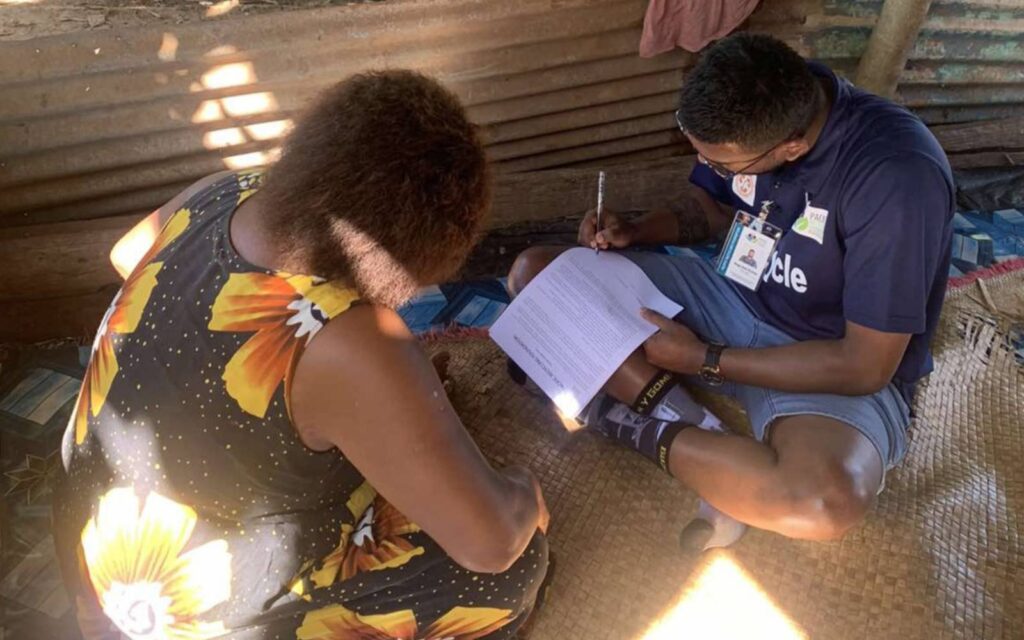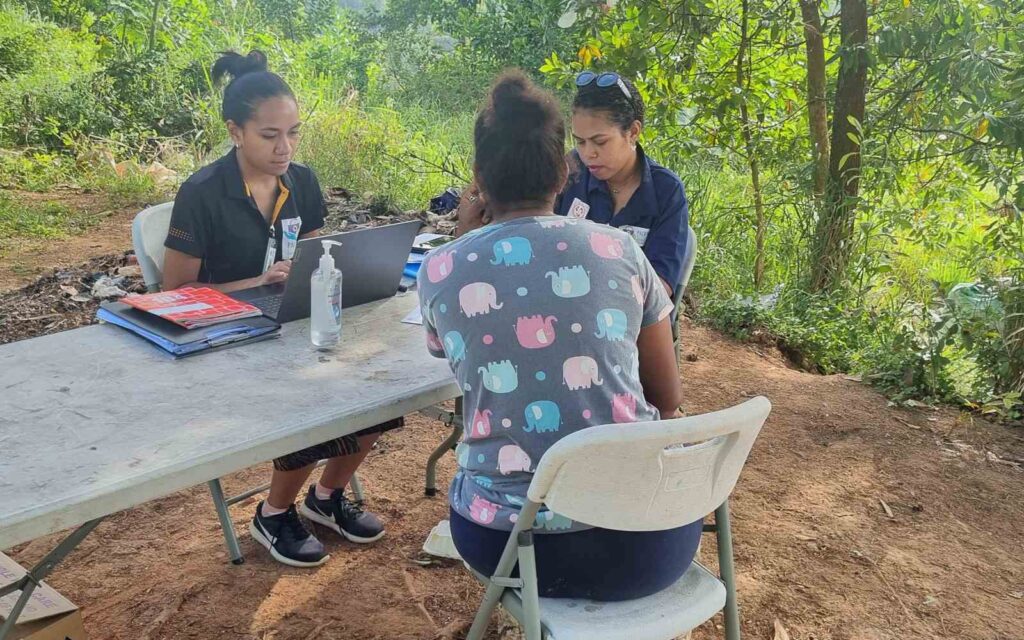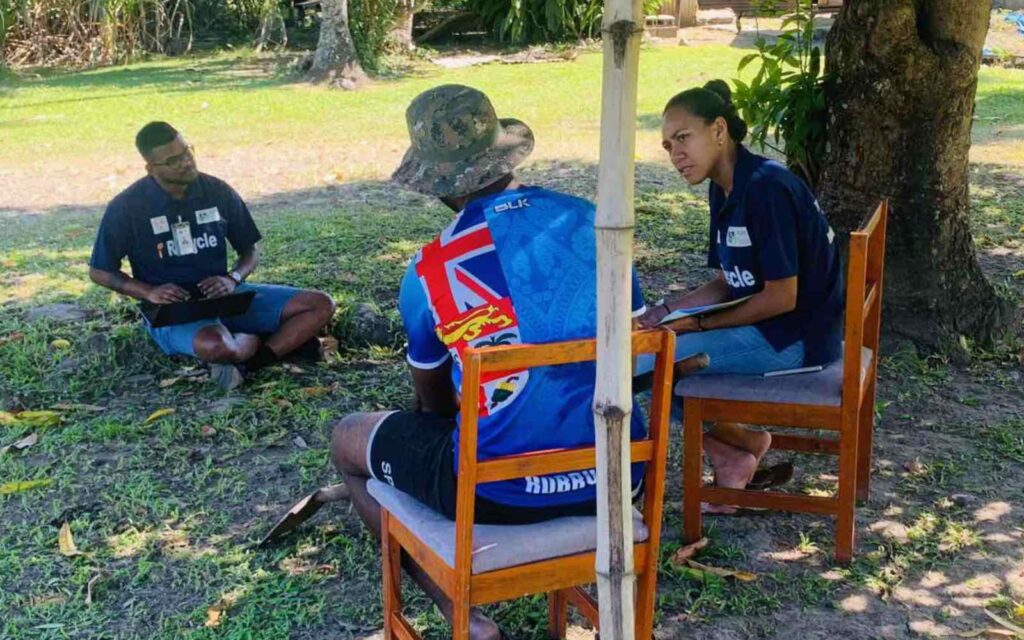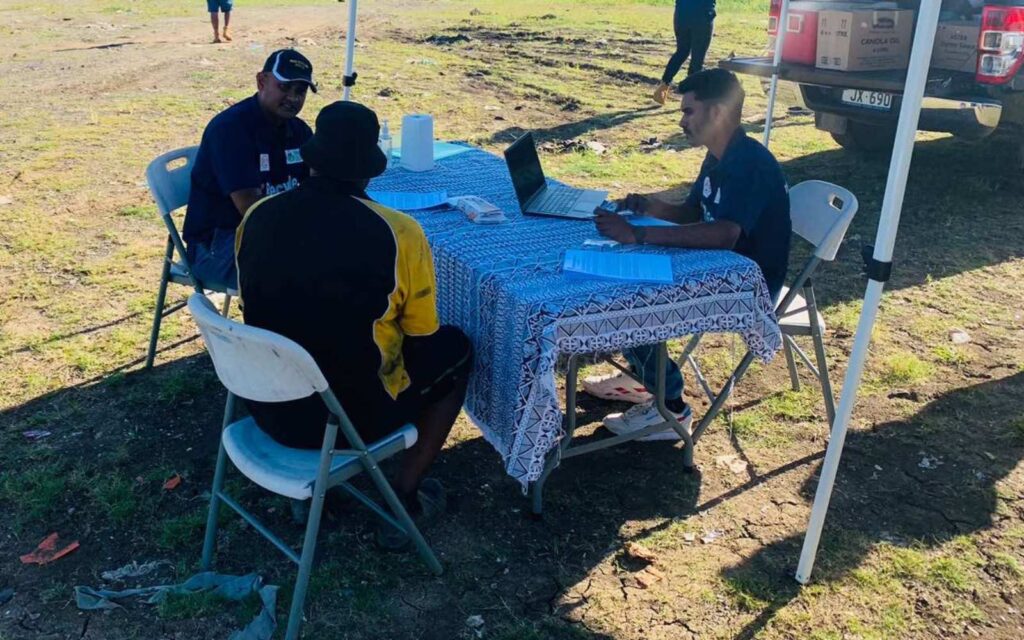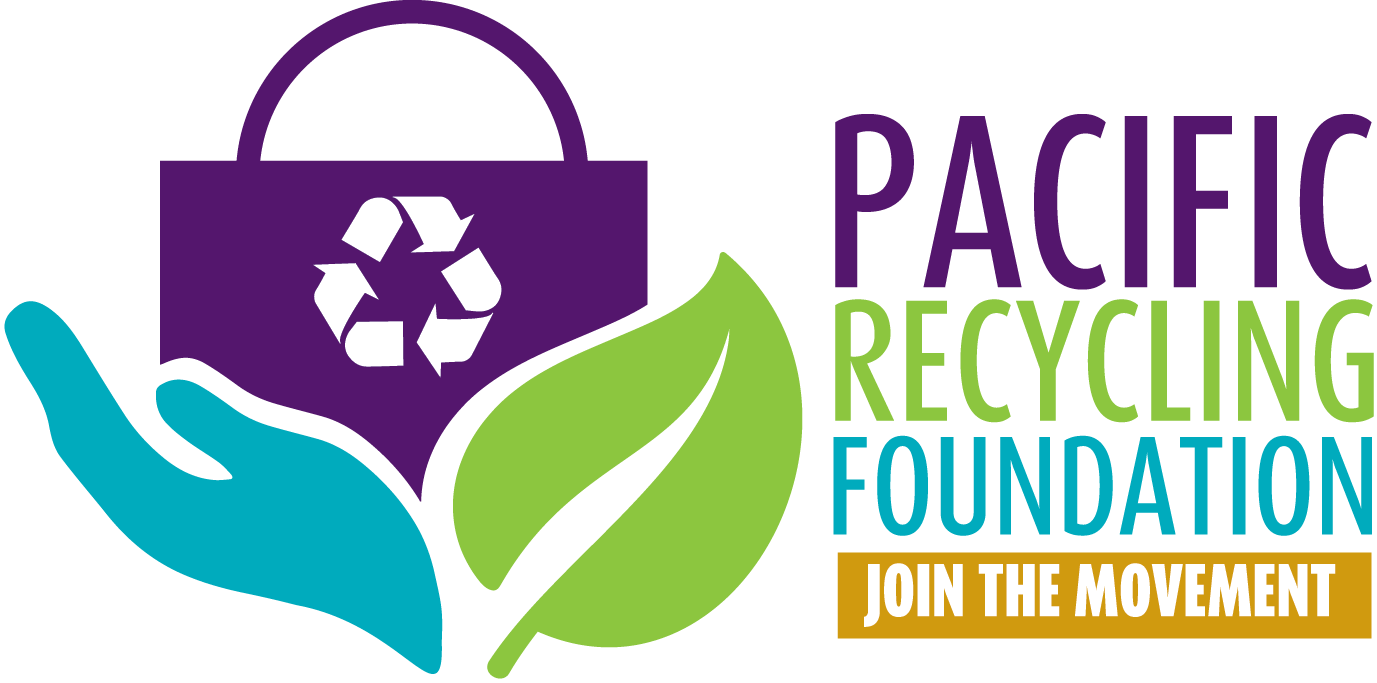Fijians involved in informal waste picking display incredible resiliency – Deo
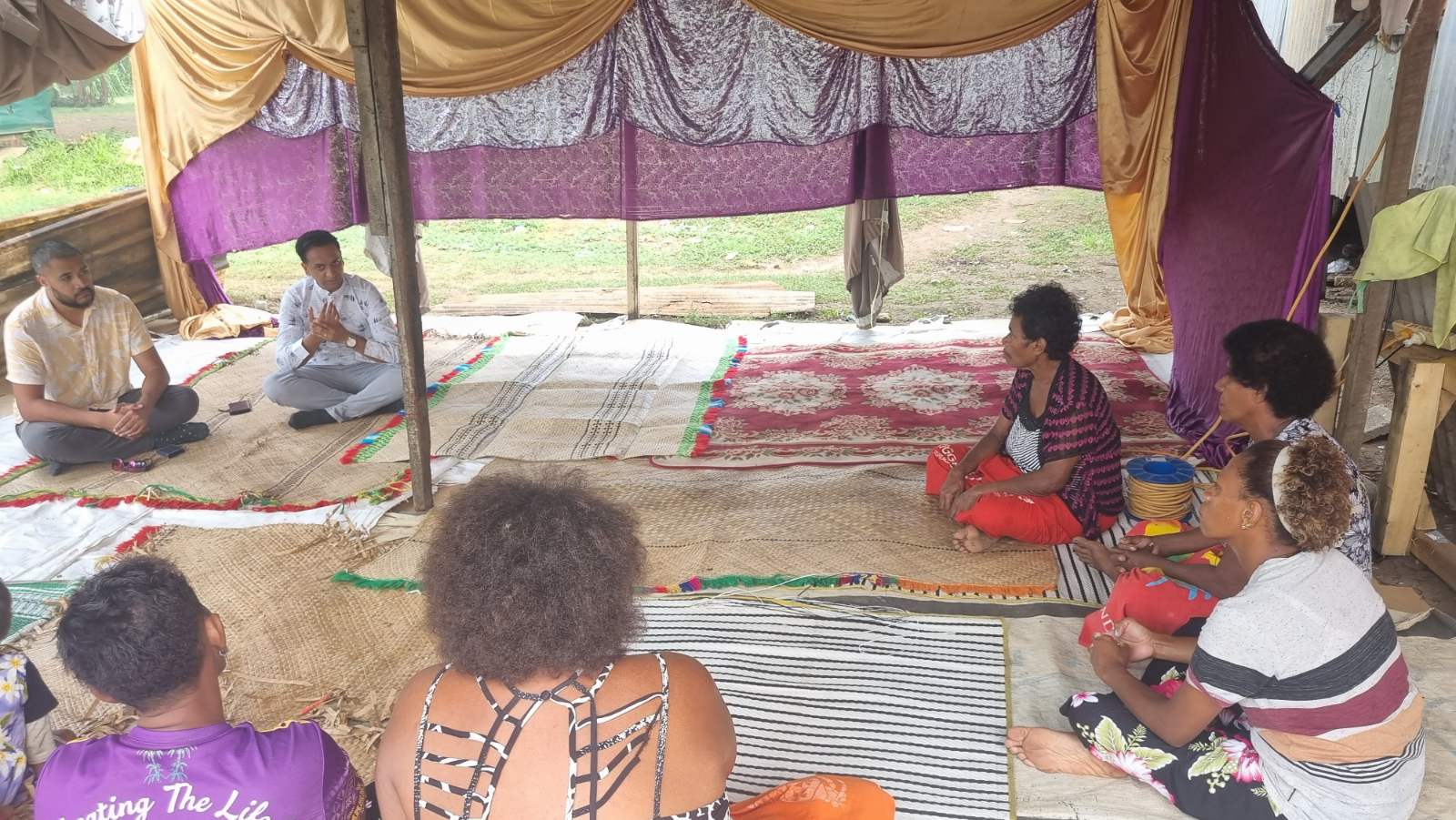
Fijians involved in informal waste picking have displayed incredible resiliency and strength as many that have been interviewed in the Pacific Recycling Foundation’s mapping exercise of the informal waste collection sector have come out with inspiring stories where they have managed to earn a living and support their families by waste picking.
The PRF’s Founder, Mr. Amitesh Deo stated this during a press conference in Vunato, Lautoka as he revealed over 150 people who are involved in informal waste picking have so far been interviewed by the PRF in Rakiraki, Tavua, Ba, and Lautoka on their socioeconomic and environmental conditions, living conditions, access to basic services and amenities, and work-related challenges.
He said while they have captured some heartbreaking stories of many families with very low income, and are facing a great deal of stigma, there is hope that following the mapping exercise, the PRF in partnership with relevant government and donor agencies, and development partners would be able to coordinate structured support to improve the working and living conditions of these individuals to ensure they are able to better support their families.
Mr. Deo also confirmed they have made some referrals to the Fiji Women’s Crisis Centre as some people needed immediate assistance such as counselling services and other necessary support.
“We will also be coordinating with relevant government agencies to ensure some of these families who are living in extreme poverty are able to tap into social protection benefits,” said Mr. Deo.
Mr. Deo said a mother of five who was interviewed by the PRF team revealed she started going to the dumpsite following the devastation caused by TC Winston in 2016 where she collected timber, roofing iron, and tarpaulins to rebuild her house as the money she received through the assistance package was not enough.
He said the 35-year-old woman revealed her community members reacted negatively and even scolded her, however, she has never looked back and continues to go to the dumpsite to help her husband put food on the table.
“She has also introduced a barter system whereby she collects items like cheese, tin stuff, combs, mirrors, and hair dyes and also picks vegetables from the dumpsite which she shares with her friends in exchange for baby milk and diapers for her youngest child who is two years old,” said Mr. Deo.
He said a key finding made by the team was that she does not collect scrap metals and other recyclables from the dumpsite for cash but looks for items like pots, pans, water bottles, and buckets for household use. The woman also looks for clothes, shoes, and bags for her children at the dumpsite.
“She also revealed that her husband is ashamed of her work, however, she has told him not to listen to others as she is going to the dumpsite to ensure her family is able to survive as the husband is a seasonal worker.
Community members call her by different names and tell her that she should not bring items from the dumpsite. Despite her struggles, her message to all women is that there is no shame in the work she is involved in as she is doing this for her children,” said Mr. Deo.
In another case, a 28-year-old woman who has a two-year-old child, resorted to collecting cans and beer bottles from the dumpsite to earn a living as her husband used to take her lease money which he spent on drugs and alcohol.
The PRF Founder said the woman now resides with her parents as she was in an abusive relationship.
In a separate case, a 35-year-old woman who has been living on the streets for more than 20 years is surviving by selling recyclables such as PET bottles, cans, scrap metals, and glass bottles.
She currently lives in an abandoned and run-down house with another street dweller. They sleep on cardboard and rely on a nearby river for water.
These are just a few of many cases the PRF team captured in the mapping exercise which continues in the Western Division.
“We have also spoken to some men who started collecting recyclables at dumpsites when they were in school and have progressed in life while we also came across individuals who dropped out of school due to financial constraints and have been involved in informal waste picking since then.
The PRF team will continue the mapping exercise this week in Lautoka, Nadi, and Sigatoka before moving to Suva and Nausori, while a team will also be travelling to Labasa and Savusavu.
The Pacific Recycling Foundation’s mapping exercise of informal waste collection is being conducted in partnership with Women in Informal Employment: Globalizing and Organizing (WIEGO), FWCC, Asco Motors, and Tourism Fiji.
Through this mapping exercise, the PRF aims to create a comprehensive database of those involved in waste picking, which will be useful for policy-makers, researchers, and other stakeholders.
